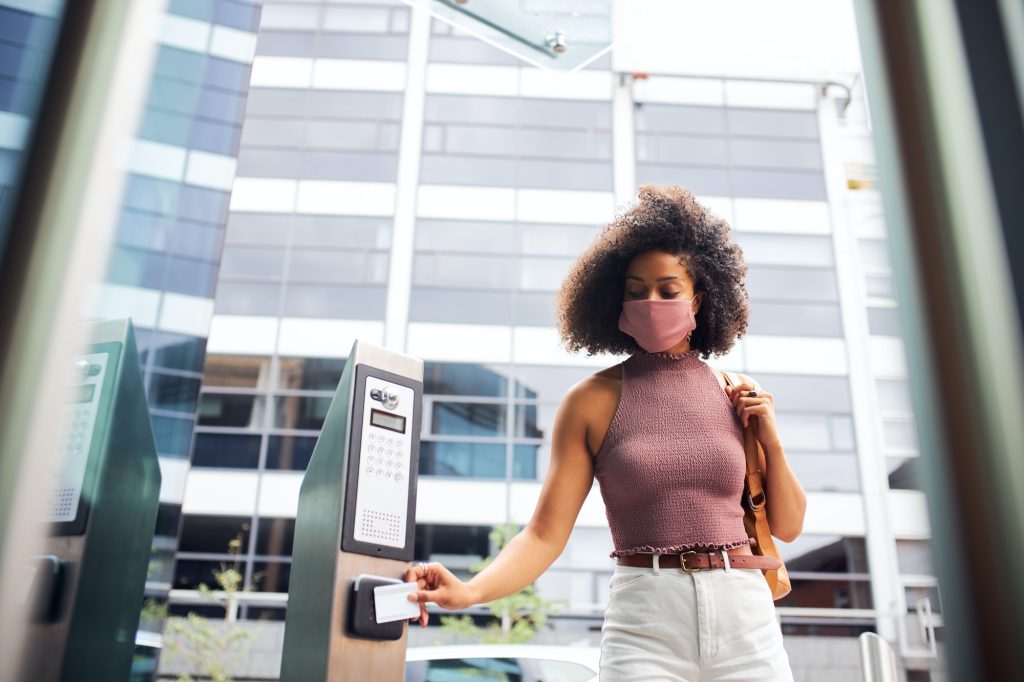The COVID-19 pandemic has been causing a lot of anxiety and fear. Whether you’re an individual or part of a business, it’s important to be prepared for any potential emergencies. In this blog post, we’ll provide you with tips on how to deal with COVID-19 and help you feel more prepared for whatever comes your way.
What is COVID-19?
Covid-19 is a novel coronavirus that was first identified in 2019. It is believed to be responsible for a number of severe respiratory illnesses, including pneumonia, bronchitis, and even death. As of March 2019, there have been over 1,000 cases reported worldwide.
How does COVID-19 work?
Unlike other coronaviruses, which are spread through the air, COVID-19 is thought to be spread through contact with respiratory secretions (such as mucus). In some cases, it may also be transmitted through contact with contaminated surfaces or clothing. The virus can also be fatal in people with weakened immune systems.
How COVID-19 Affects Your Immune System
COVID-19 is a novel coronavirus that was first identified in 2019. It has caused significant illness and death in humans, and there is no specific treatment or vaccine available. The virus appears to primarily affect the immune system, leading to a range of symptoms including fever, cough, and pneumonia. COVID-19 can also cause severe emotional distress, which can lead to social isolation and psychological distress.
There is no cure for COVID-19 infection currently available, but early detection and treatment is essential for patients’ health. Symptoms usually progress rapidly, so it is important for people who are infected to seek medical attention as soon as possible. There is no specific way to prevent COVID-19 infection, but hygiene measures such as washing hands often and avoiding close contact with people who are sick are helpful prevention strategies.
If you are a person with mobility limitations or have other significant physical disabilities because of chronic conditions like asthma or dementia, be sure to tell your doctor about your condition so that you can take proper precautions against COVID-19 infection. In addition, people with mental health conditions should consult with their doctor about how COVID-19 might be affecting their moods and behavior.
What to Do if You Get Sick with COVID-19
If you or someone you know contracts COVID-19, here are some tips on how to best survive the experience.
1. Stay hydrated and eat healthy snacks: Drink plenty of fluids and eat nutritious foods to keep your energy levels up.
2. Seek professional help: If you feel overwhelmed or suicidal, please seek professional help as soon as possible. There are many resources available to those in need.
3. Know your symptoms: The most important thing is to be aware of the symptoms so that you can seek treatment as quickly as possible if you experience any of them. Symptoms can include fever, body aches, headaches, diarrhea, vomiting, and abdominal pain.
4. Stay positive: Surviving a viral illness can be difficult, but staying positive will help you cope better. Remember that this is only a temporary condition and that you will get better soon!
What to Expect During and After a COVID-19 Outbreak
If you have been exposed to coronavirus, there is a good chance that you will experience some symptoms. However, the severity of these symptoms and the time it will take for them to appear to vary from person to person.
The best way to prepare for an outbreak is to be aware of what to expect and how to minimize your risk. Here is a list of things to keep in mind:
1. If you develop any respiratory symptoms – fever, coughing, chest pain – stay home and rest. Stay away from people with respiratory illness, especially if you are not feeling well yourself. Quarantine yourself in your home if possible until you are symptom-free for at least 24 hours after your last exposure. Visitors should wait at least 48 hours before coming into your home.
2. If you contract COVID-19 virus, seek medical attention as soon as possible. Do not try to self-treat the virus or go through the incubation period without seeking professional help. Some people who contract COVID-19 virus may experience long-term neurological consequences. These consequences are still being studied and can vary widely from person to person.
3. Be prepared for emotional reactions following an outbreak: feelings of fear, anxiety, sadness, helplessness, and guilt may overwhelm many people during and after an outbreak. It is important to remember that these emotions are normal.
How to Make the Most of a COVID-19 Outbreak
If you’re like most people, you’ll feel anxious and scared when you hear about a pandemic like COVID-19. Here are some tips to help make the most of an outbreak:
-Stay calm and reassure yourself that it’s only a matter of time until the virus is ruled out.
-Practice self-care, including taking regular breaks, eating healthy foods, and getting enough sleep.
-Stay connected with loved ones and friends via social media or text messages. Resist the temptation to isolate yourself.
-Make sure your household is prepared for an emergency by having an emergency kit stocked with food, water, shelter, and medical supplies.
Final Thoughts
In today’s world, it can be difficult to remain positive and optimistic. With so many negative headlines making the rounds, it can be hard not to feel down on yourself. But remember: you are not alone in this fight.

